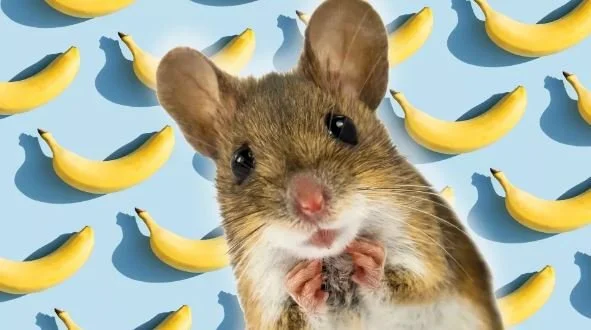Tap Dancing Spiders Seek Pas de Deux
The male of many species will go to great lengths to convince the female that his genes are worthy of passing on to future generations. Displays of size, strength, colors, and so on are deployed throughout the animal kingdom in mating rituals. Researchers at the University of Nebraska-Lincoln have discovered a new ‘come hither’ ploy used by spiders: tap dancing.
It has been observed for some time that the male wolf spider (Schizocosa stridulans) will perform a little dance when he meets up with a receptive female, described by a UNL press release as “an appendage-scraping, abdomen-quivering, leg-tapping performance that might last five minutes or 45. It’s a menagerie of sound …”
After analyzing such 44 courtship displays, the researchers found that the nine wolves rewarded with sex were the hoofers with the most complex dance steps. Using the same metrics of complexity previously used to characterize things like binary code, birdsong, and whale vocalizations – but never spider vibes, until now – the results are unequivocal.
“Females prefer to mate with males that can produce more complex signals than others,” said Noori Choi, lead author of the study.
How do the men know when to come a-tapping? First the female S. stridulans deposits pheromone-laden silk to signal she’s ready for action. The male will have a taste and begin flapping his pedipalps, sensory appendages near the mouth that can also hold and eject sperm. Then comes the eight-legged ballotté, which, if complex enough for the lady, leads to a more amorous pas de deux.
The findings appear in the journal Biology Letters.
A leggy lothario struts his stuff here: youtube.com/watch?v=wd6oIqDSP3s.
Photo credit: Jay Stafstrom / Biology Letters / Scott Schrage | University Communication and Marketing







